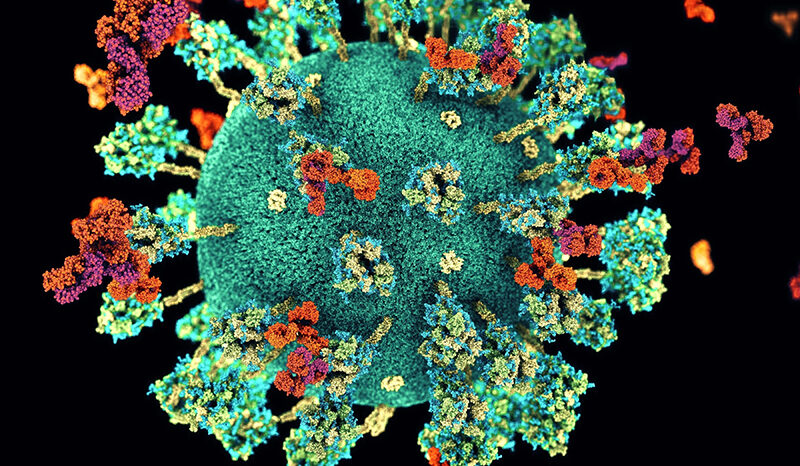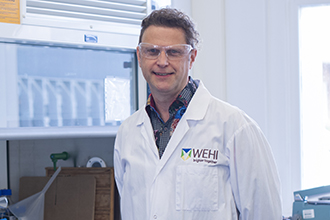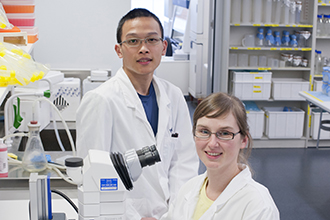Our body has evolved incredible strategies to fight off the plethora of pathogens we are facing on a daily basis. One of these is programmed cell death, a process that aims at removing infected cells, thereby killing the pathogen and priming our immune system.
Our research aims at understanding how this remarkable process is regulated on a molecular level, and to harness and translate this knowledge into new treatments for chronic and acute viral and bacterial infections including tuberculosis, HIV, COVID-19 or dengue.





